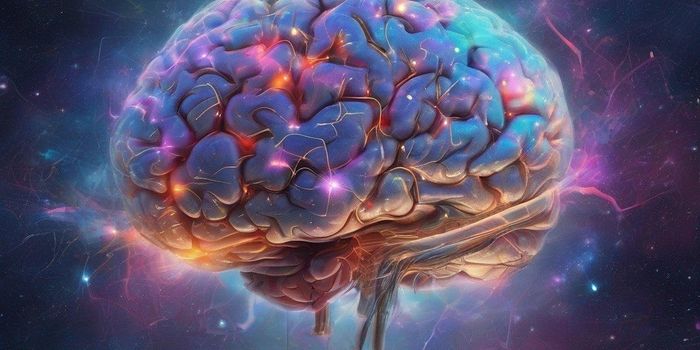New Study Reports No Link Between Migraine and Parkinson's Risk

"These results are reassuring for women who have migraine, which itself causes many burdens, that they don't have to worry about an increased risk of Parkinson's disease in the future," said study author Tobias Kurth, MD, ScD, from the Institute of Public Health at Charité- Universitätsmedizin Berlin in Germany in a press release.
For the study, the researchers analyzed data from 39, 312 women with an average age of 55 years old at baseline enrolled in the Women's Health Study, A US-based cohort of women in health professions.
Of the women included in the analysis, 18.6% reported having current or past migraine, of whom 5.5% reported a history of migraine, 5.2% migraine with aura, and 7.9% migraine without aura. An aura is characterized by temporary visual or other sensory disturbances that occur just before a migraine starts, such as seeing flashes.
Over an average follow-up of 22 years, 685 cases of PD were reported, including 128 among people who reported a history of migraine and 557 without. After adjusting for confounding factors such as age, physical activity, alcohol consumption, and smoking status, the researchers found that people with migraine- irrespective of migraine subtypes of frequency- were not at a higher risk of developing PD than those without.
As the study only involved female health professionals who were primarily white, further research is required to see whether the results also apply to other demographics such as men, women, and other races and ethnicities.
The study has limitations. For example, participants self-reported information on migraine and PD. Furthermore, as PD is often only diagnosed when symptoms are advanced, it is possible that some participants developed the condition after the study's conclusion.
Sources: Science Daily, Neurology








